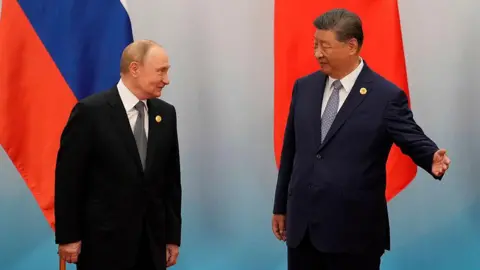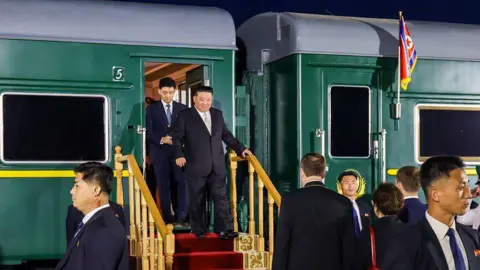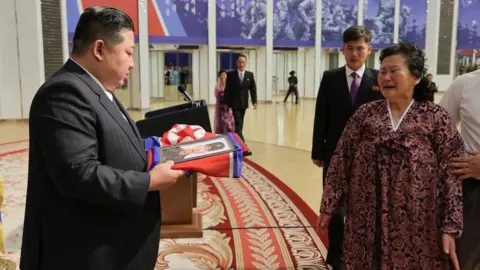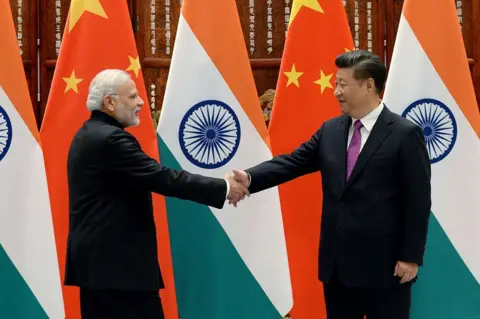Exploring the Immortality Debate: Xi and Putin's Transplant Conversations
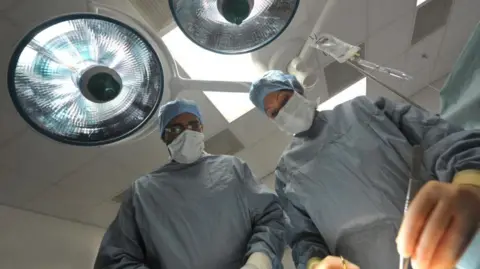
Is it possible to become immortal with the help of organ transplants? That was the unexpected topic of discussion this week between Chinese President Xi Jinping and Russian President Vladimir Putin when they met at a military parade in Beijing.
A translator, speaking in Mandarin on behalf of Putin, told Xi how human organs can be repeatedly transplanted so that one can get younger and younger in spite of age, and might even be able to stave off old age indefinitely. It's predicted that in this century it might become possible to live to 150, he added. Their smiles and laughter suggest it was a bit of banter, but might they be on to something?
Organ transplants certainly save lives - in the UK, over 100,000 people have been saved in the last 30 years, according to NHS Blood and Transplant.
Putin and Xi may be talking about having multiple organs transplanted and perhaps repeatedly. Having surgery is a big undertaking, though, with significant risks. Each time you go under the knife you are rolling the dice. Currently, people who get a new organ also have to take strong anti-rejection drugs called immunosuppressants for life, which can have side effects, such as high blood pressure, and increase the risk of infections.
Scientists are working on making rejection-free organs using genetically-altered pigs as donors. They use a gene editing tool known as CRISPR to enhance compatibility.
Ultimately, while the concept of living much longer with organ transplants intrigues many, experts suggest that rather than solely focusing on lifespan, striving for healthy years lived is vital. Living longer while suffering from aging-related health issues may not be the desirable goal.











